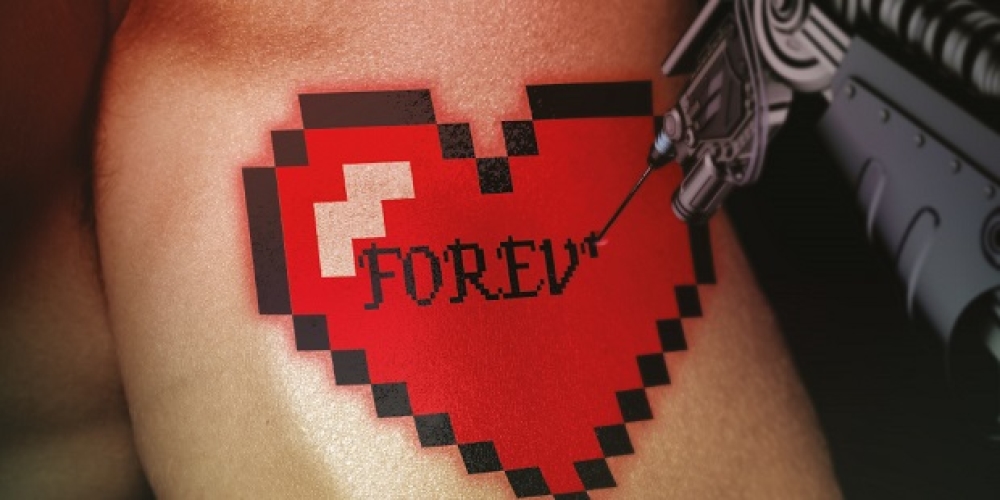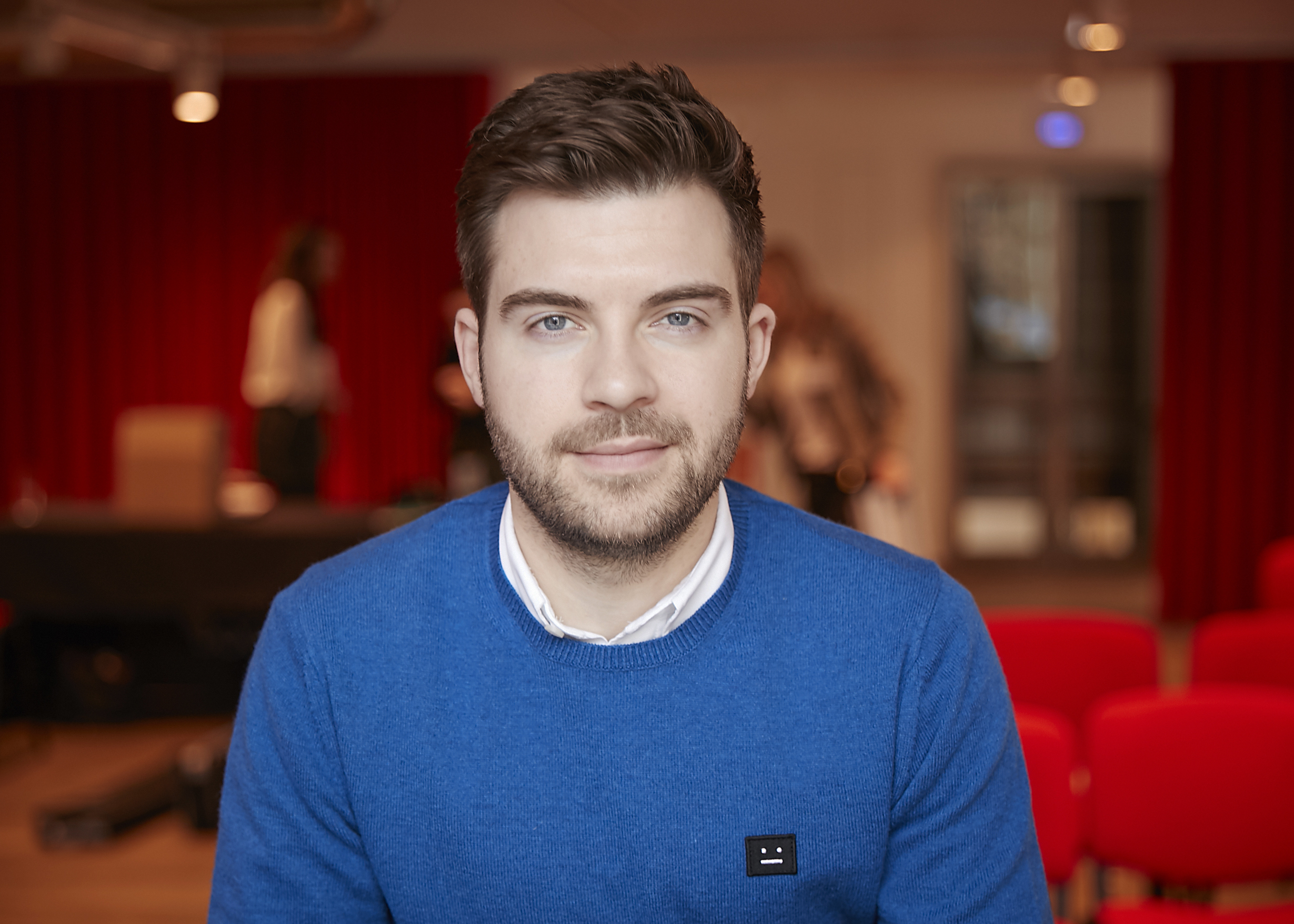Loyalty is dead. Long live loyalty.
26 Jun 2018

Loyalty is big business – worth approximately £92 billion in the UK alone – and an area where everyone seems to be an expert, but the received wisdom is often contradictory. Even established truths may be changing, with emerging neuroscience studies suggesting the very way consumers make their decisions may be shifting. As a result, successful loyalty schemes will need to change from engaging with rational to emotional values in order to keep up.
“We're in a low growth world,” reflects TMW Unlimited CEO Chris Pearce on our current economic climate. “Growth is really, really hard to come by, so getting customers to return, to transact more often and the ability to successfully cross-sell to those existing customers is more important than ever.”
Speakers at the evening presented their own personal experiences to shed insight on why loyalty schemes were originally established, what these new ‘emotional-first’ responses can do to build leading brands and whether brand loyalty schemes will ever really die.
SPEAKERS
Claire Cardosi, Head of Customer Experience Management, Virgin Trains East Coast
Andrew Mann, Loyalty Consultant and former Vice President of Insight, Pricing and Digital CRM at Asda
Kate Wheaton, Director of Strategy, TMW Unlimited
Chris Peace, CEO, TMW Unlimited
KEY TAKE OUTS
Technology has the potential to transform loyalty.
When it comes to loyalty, do you know your tech stack? How can you use data and CRM to create a better experience for customers from before they interact with your brand all the way to post-purchase? Virgin Trains East Coast has leveraged IBM and Merkle to create their bespoke single customer view, harnessing multiple data touchpoints and leading to personalised campaigns which have delivered a 20% increase in email click-through. “For us,” explains Cardosi, “it's having a real mixture of transactional programmes, emotionally engaging programmes and surprise and delight programmes. We can actually look overall at what that's doing to the data in our single customer view, and what people are saying about us – how we make them feel.”
There’s a growing imperative to build emotional, not transactional, loyalty.
Conventional wisdom regarding loyalty is changing. “We know a lot more about how we, as human beings, make decisions and it's simply different from how we thought it was back in the early 90s,” says Wheaton. So what’s changed? We might be way more emotional in our purchasing than we once thought. “It turns out we use the unconscious side of our brain to make a huge amount of decisions in day-to-day life, that includes how we choose brands and who we choose to engage with,” Wheaton adds, “and success in loyalty comes down to brands juggling that cognitive and emotional conflict”.
Future success will involve brands taking the best of the old and the new.
Loyalty itself is nothing new – Jack Cohen incorporated it at scale way back when he launched Tesco in 1919. But brands looking to succeed in this space going forward will need to take the best of the old and the new, posits Mann. “It’s developed and changed in terms of what’s happening,” he explains by painting a positive picture of companies like Spotify and Netflix. Both companies have been on a similar journey from using data collection much in the manner of a classic store loyalty card, but then leveraging tech to diffuse the insights gleaned into every interaction with their users. He also pointed to the convergence of discovery and commerce, with Facebook, Google and Amazon all vying for success in both spaces. “It all comes back to emotion”, says Mann, “because there's nothing worse than poor customer service – and that creates a negative emotion.”
The customer needs to be in control.
People want to feel loved – and few things can achieve that better for a customer than a positive human interaction where they feel in control. Cardosi explains that this is a huge way of driving loyalty. “It’s your journey, so it’s your rules,” she says, detailing an ambitious internal app where train staff can locate customers and give them on-the-spot rewards.
Loyalty is a strategy, not a programme.
“It's not just about the programme. Emotion is absolutely the heart of it, but it's not the only thing that matters. You need to work out what's right for your business, and your plan. There’s no one-size fits all. That's absolutely critical to remember, because if you think there is you're going to have a horrible wake-up call when it just doesn't work.” – Kate Wheaton
CONTACTS
Matt Lambert, Business Development Director, TMW Unlimited, MLambert@tmwunlimited.com
TMW Unlimited’s next Influence Session will take place on Tuesday 24th July. Contact Charlotte McIntosh (cmcintosh@tmwunlimited.com) for more information.

Please login to comment.
Comments